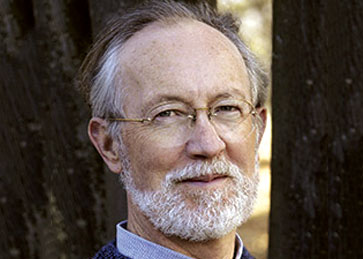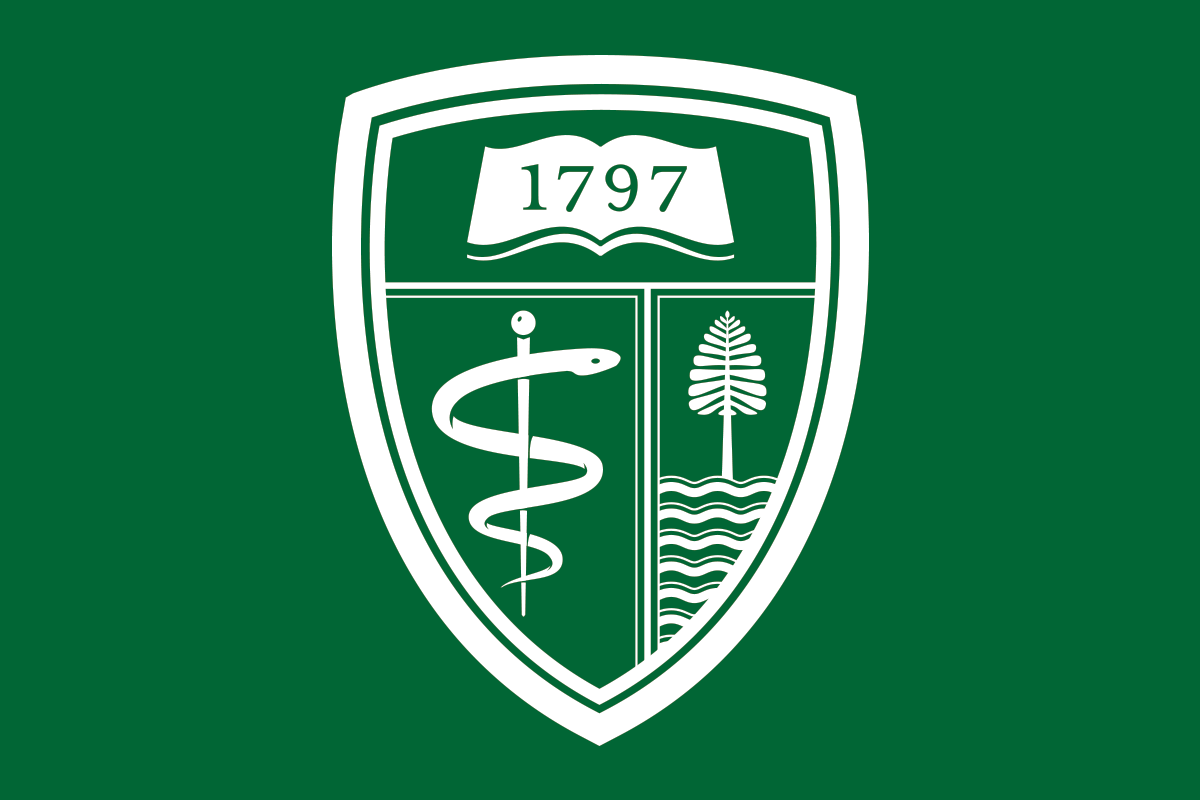We are so saddened to inform you that Dennis McCullough, MD died unexpectedly, Friday June 3rd in Bar Harbor, Maine while attending a conference.
Dennis was a beloved and deeply engaged member of both the Department of Community and Family Medicine and the larger Upper Valley community for over thirty years as a practicing family physician and geriatrician.

